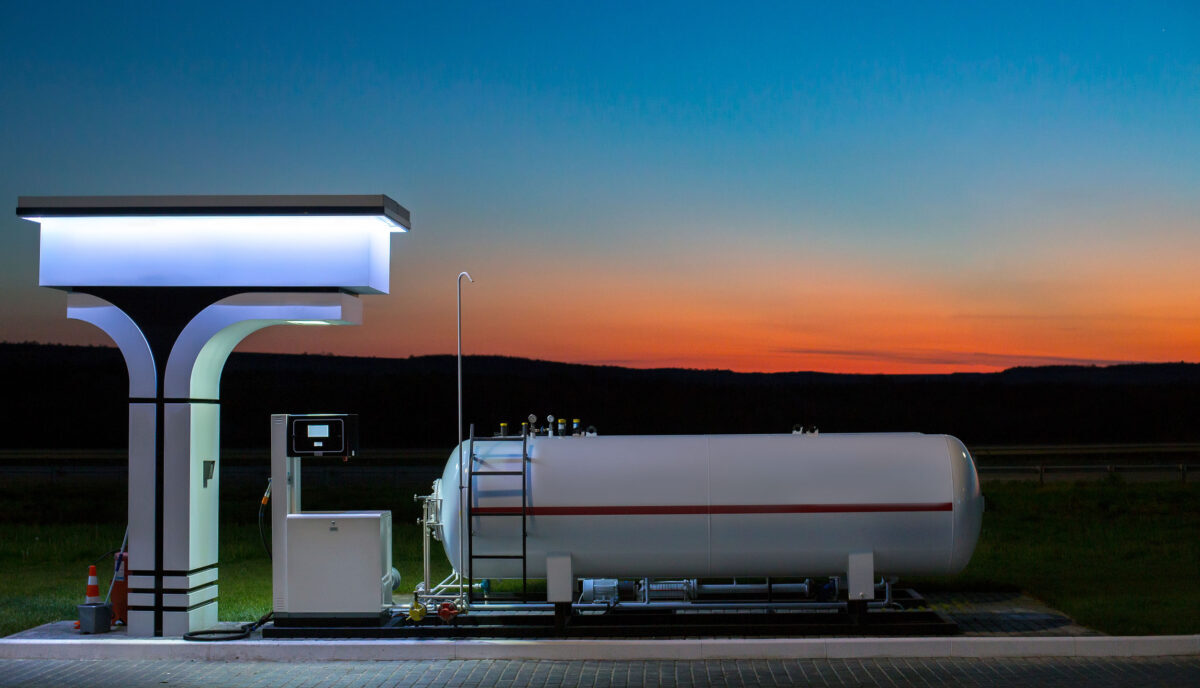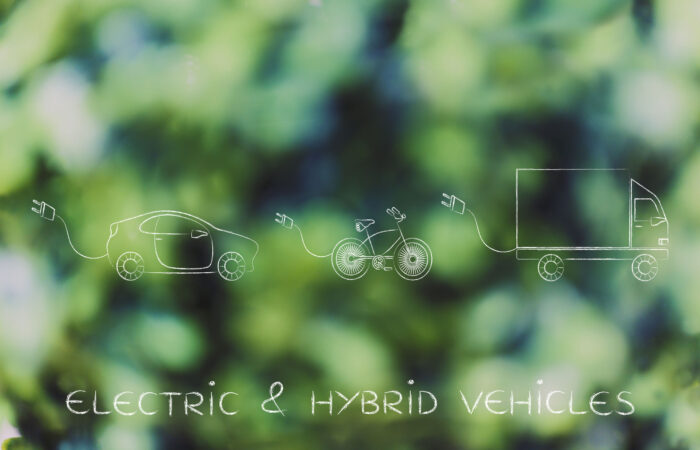Fuel retailers face numerous challenges, not only the energy transition, but also changing customer behavior and expectations, technological changes, and advanced mobility solutions. The fuel retailing landscape has undergone significant transformations in recent years, with stations becoming more than just places to refuel and transforming into multi-energy hubs. What are the implications of these hubs? And how can ICASA support you in managing not only your fuel, EV and all other forms of energy, but also your retail, convenience and QSR related activities seamlessly, automatically and centrally?
Manage all forms of energy within one cloud system
ICASA helps retailers make their stations future-proof by guiding them through the current changes and enabling them to evolve from energy suppliers to mobility providers. As a software partner for the energy sector ICASA is a pioneer and invested years ago in developing one innovative cloud platform for the full and central management of all forms of energy in order to evolve with the market trends and its customers. Adding EV chargers or hydrogen is just another extension of the scope of the ICASA Suite, enabling a full management of all forms of energy within one cloud system.
Rise of multi-energy hubs
Service stations will play a crucial role in supporting the changing transportation landscape and meeting the evolving needs of travelers in a rapidly changing world. The rise of multi-energy hubs represents a transformative step in the way energy is produced, stored, and distributed. By integrating various energy sources – such as traditional liquid fuels, electricity, hydrogen, biofuels and natural gas – within a single station, multi-energy hubs address the energy challenges, supporting the transition to a sustainable, resilient and economically viable energy future.
Moreover, they include a range of services that cater to the broader needs of local communities and travelers. By embracing this evolution, service stations will remain relevant in a rapidly changing energy landscape, becoming essential components of the future mobility ecosystem and integral parts of the community.

Specialized equipment & infrastructure
The complexities of these hubs are considerable, with implications for energy policy, technology, and infrastructure. Each energy type requires unique infrastructure for transport, storage, conversion, and delivery. For example, hydrogen requires cryogenic storage, while biofuels need refined pipelines and facilities. Integrating these systems within a station demands advanced planning to ensure efficiency, safety and reliability.
Regulatory compliance
Handling multiple forms of energy increases the risks related to leaks, fires and other hazards. Safety protocols and environmental safeguards are crucial, particularly when dealing with volatile substances like hydrogen. Regulatory frameworks vary widely by region and are often outdated regarding new fuels like hydrogen or emerging biofuels. Coordinated policies that support multi-energy integration, safety, and environmental standards are essential to foster their growth.
Bridge gap between existing forecourt and EV chargers
When we zoom in specifically on electricity, the biggest challenge of public EV charging lies in the identification and authentication of the EV driver. The partnership between Dover Fueling Solutions, TSG and ICASA, and the successful integration with DX Power makes it possible for EV chargers to be included in transactions through the POS system and the outdoor payment terminal. This enables customers to pay for EV charging with cash, as well as with fleet card or bank card, not requiring any subscriptions and providing the driver with the freedom to charge anywhere.

A partner that supports your growth and business needs
Are you looking for a future-proof all-in-one cloud platform that is capable of managing not only your fuel, EV and all other forms of energy, but also your retail, convenience and QSR related activities seamlessly and automatically? Just reach out and we would be more than happy to explain to you all the possibilities our ICASA Suite can offer to meet your specific business needs.
Stay connected and follow us on LinkedIn!





